Arielle Fersht isn’t one to shy away from challenges. In college, she was a student-athlete, balancing her time between rowing for Cal’s D1 Women’s Crew team and hitting the books. Her discipline, time management and collaboration skills proved valuable in her transition from student-athlete to a business-savvy Contessa. It’s no surprise, then, that she decided to work for Informa Research Services as she simultaneously pursued her MBA. Today, she works as a Senior Associate at PwC, where she continues to feed her insatiable hunger for learning and for growth.
Landing a job at a Big Four accounting firm was no easy feat. Arielle prepared extensively by practicing case-based interviews (signature to the consulting recruitment process) and by networking with other consultants from a myriad of industries. Thanks to her MBA classes, Arielle knew she loved breaking down complex business issues and delivering solutions, but she wanted to make sure that consulting was the right field for her. Connecting with alumni, who also were consultants, helped solidify her decision.
As a deals consultant, Arielle works on a variety of projects. One day, she’s translating data into business solutions, while in the next, she’s conducting client interviews. The demanding schedule and travel can be tough, but Arielle is adaptive by nature. She knows that caring for herself means that she stays productive and clear-minded, and ultimately, this allows her to serve clients to the very best of her far-reaching abilities
Her Starting Point
How did your time at UC Berkeley prepare you for your current role as a Senior Associate at PwC? What was the most valuable skill or lesson you took away from your studies or from your collegiate experience as a whole?
During my time at UC Berkeley, I rowed for Cal’s DI Women’s Crew team. A rigorous workout schedule coupled with classes and coursework forced me to fine tune a competitive student-athlete skillset. Workplace relevant skills like dedication, discipline, collaboration, time-management and passion made transitioning to a workplace and a work team easy and allowed me to be effective quickly.
In addition to your B.A. and Master’s degrees, you also hold a Language Certification from the Hebrew Tel Aviv University. Could you tell us what made you want to pursue this education and how it has contributed to your current trajectory?
I signed up for Tel Aviv University with the intention of learning a new language. However, the cultural education I received from Israeli and international students was far more valuable than learning basic Hebrew. Being an observer and participant in a new culture enabled me to strengthen my global acumen and increase my ability to interact in a culturally diverse international marketplace.
When was your interest in consulting first sparked? What, or who, inspired you to pursue consulting as a career and what first steps did you take to establish yourself in the business?
Many of my MBA classes used business cases to illustrate business concepts. Dissecting these cases and proposing potential solutions was invigorating. Consulting was a way to continue exposing myself to complex business issues and to take an active role in delivering solutions. Before deciding to pursue consulting, I connected with alumni who were consultants to not only begin understanding the roles and responsibilities of consultants within various functions and industries, but also as an opportunity to begin establishing a strong network of advocates and peer advisors.
How did your time as an intern at Informa Research Services set you off in the right direction? Would you say this position was ultimately worthwhile in terms of your growth and development as a consultant?
My internship changed my career path by introducing me to “the Chairman of my Personal Board of Directors” (as I like to call it!). Through my internship experience, I had the opportunity to interact with an executive who has now become my greatest mentor and champion. His leadership style provided me with opportunities to manage, innovate, analyze and learn. He then supported my decision to work while concurrently earning my MBA. I cannot emphasize enough how important a good mentor is for your career growth. However, “finding” a good mentor is not always easy and is an entire conversation in itself.
Her Big Break
How did you land your job at PwC? Could you take us through the application process? How did you prepare for the rigorous case-based interview?
MBA programs have structured recruiting processes and work with firms looking to hire new talent. For consulting, the interview differentiator is the case-based interview.
The case-based interview differs slightly for each firm. Some firms ask questions like “How many golf balls fit in an airplane?” The purpose of these questions is to have the interviewee explain his or her process used to derive a logical answer. For a more complex business case question, the interviewee and interviewer role-play as consultant and business executive, respectively. The executives (interviewers) ask questions like “How do I increase profits?” or “Why is revenue decreasing?” The interviewee must collect relevant information from the interviewer through a series of questions. Interviewees are encouraged to be casual and calm (as though interacting with a real client)—two difficult tasks during a high-pressure scenario.
Preparing for case-based interviews requires time and a community of like-minded peers. In order to think clearly during the interview, massive amounts of preparation is done to perfect organizing and documenting your flow of thinking. Not only should your demeanor be calm, but your notes also should be clear and concise. Typically, these notes (which sometimes double as your presentation slides) are taken by the interviewer as a reference point for decision-making. Completing dozens of mock-cases with my peers enabled me to practice clear documentation so I could focus on “client” engagement and exude confidence during my interview.
While many people have heard the job title Deals Consultant, there are probably still those who aren’t too familiar with the role. Could you give us a brief outline of your day-to-day tasks and responsibilities?
PwC helps clients optimize deals from strategy through value capture. Our Deals practice supports organizations on a wide range of transactions, including domestic and cross-border acquisitions, alliances, divestitures and spin-offs, capital events such as IPOs and debt offerings, as well as business reorganizations.
Daily tasks differ depending on the deal stage (e.g. valuation, due diligence, integration), the specific business function (e.g. legal, IT, finance), the team makeup (e.g. size, titles, capabilities), and a handful of other factors that impact a project’s tasks. In general, tasks may include client interviews, presentation preparation, data analysis and project management tasks.
As a deals consultant, your skills in critical thinking and analysis must come into play often. How do you maintain a clear mind at all times and ensure that you’re offering clients the best advice possible? What are some of your tactics for maintaining a calm, cool and collected demeanor at work?
For me, there are a few ways I maintain a clear mind at work. 1) I love (and need) lists. I have running lists of work and personal tasks with me at all times. This way, I can jot down something quickly to minimize distraction. I return to these lists of tasks, ideas and notes later in my day or week. 2) I require a good workspace. This differs for each person. Some people need comfy chairs, while others need complete organization. For me, I have to be flexible given that I travel to temporary workspaces often. However, I recently renovated my home office to drive innovation and productivity. 3) I am a strong believer in taking breaks to move.
When working from home, I keep a jump rope by my computer. There is nothing like a minute of jump roping in between calls or tasks to get your heart pumping and your mind focused. When I am at the client site, I try to do at least a 10-minute walk outside during lunch to catch some sun and fresh air.
Consultants are constantly going from one client to the next and going from one city to the next. What do you like or dislike about this work environment?
My likes: Being able to work with various clients on different projects is a huge enabler for growth. Consultants are exposed to a breadth of knowledge, best practices, industries and executives. There are very few jobs that have this type of exposure to the inner workings of the world’s largest and most complex companies. As someone who constantly likes to learn, this is an endless education about business models and organizations.
My dislikes: One of my favorite parts about business is building meaningful, trusting and effective relationships with my peers and clients. As consultants, we are assigned to new client projects, which require significant investments during the transition period. Sometimes this period can be hard and time-consuming.
Her Perspective
What is it that you love about working with numbers? Do you ever crave a creative outlet or do you prefer working with the left side of your brain?
There is no doubt my work tasks include numbers and logic, which falls into the left side of the brain category. However, I equally engage in right side of the brain activities like reading emotions, images, intuition and creativity. I think that engaging both sides of the brain makes a truly powerful businesswoman.
A frequent example is the process of mining raw data for useful information and then creatively articulating that information to key business stakeholders so innovative business decisions can be made. I love Edward Tufte’s books on data visualization, which illustrates the impact we can have by combining critical thinking with creative design.
Have you ever been faced with a problem at work that you had some trouble solving? What do you do to keep your creativity flowing when you find yourself stuck or stumped and in search of ideas?
When there are seemingly unsolvable issues, I ask the appropriate players for help. Prior to asking for help, I complete my own due diligence and usually prepare a hypothesis or potential solution. Asking for guidance and learning from people more experienced is part of the learning process. Creating effective teams with different skill sets and fostering an environment of teamwork and collaboration is essential for delivering value to clients.
What advice would you give to someone looking to go into consulting? What pros and cons are there for starting your career in consulting?
Pros: The work is challenging and engaging.
Cons: You can be away from the people you love for long periods of time due to hectic travel schedules.
The best advice I have for someone looking to go into consulting is to have candid conversations with multiple current consultants about both the personal and professional benefits and challenges.
And finally, what do you wake up looking forward to? What’s next for your career?
Currently, my passion project is a financial literacy program for student-athletes. I hope to serve as a liaison between PwC’s financial literacy program, Earn Your Future, and university student-athletes. Some athletic departments are hesitant to launch financial literacy programs because of compliance issues and exposing potentially vulnerable athletes to the wrong people. PwC’s program has one motive—to educate youth and make sustainable impact.
You May Also Like
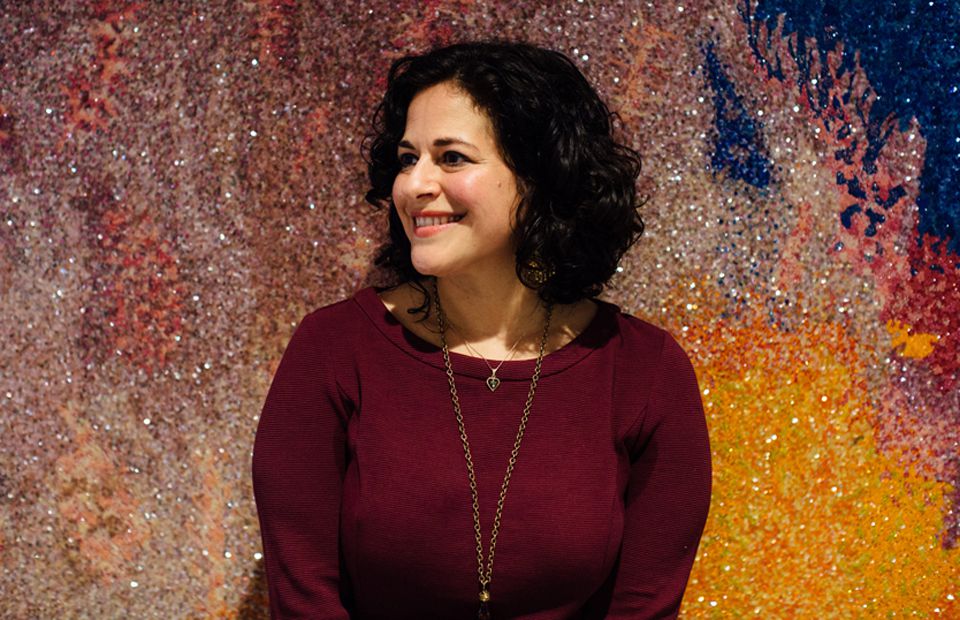
Consumer Goods
Our New Dream Job? Vice President of Social Consciousness & Innovation
"The truth is, having a more responsible supply chain or more responsible business is made up of lots of small actions. And one thing that I really love about my work is that nothing is black and white. It's all gray space."
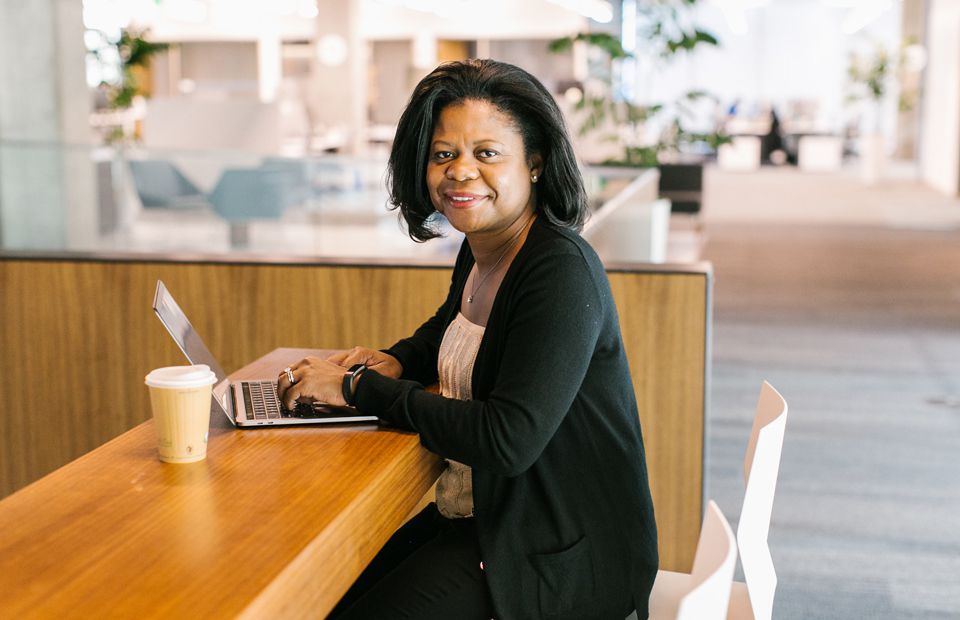
Consumer Services
An Executive at Intuit on How to 'Send the Elevator Back Down'
"What I often tell engineers—especially women engineers—is that it’s good to be excellent, but you’ve got to make sure it’s not a well-guarded secret."
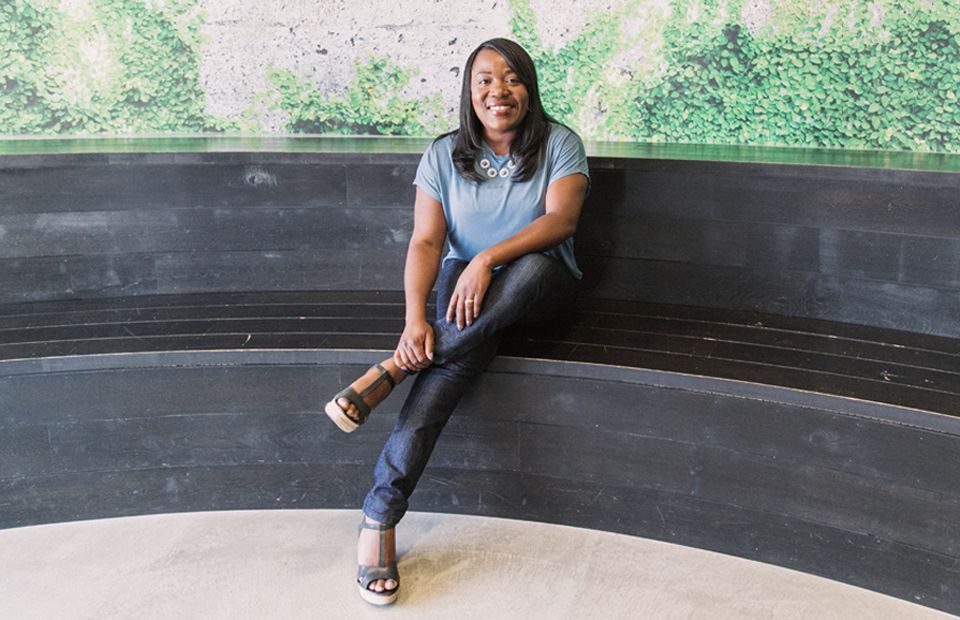
Consumer Services, Technology
A Top Lawyer Talks Leadership, Transparency, and a Music Empire's Goals for Diversity
As Chief Counsel at Pandora, Adelmise Warner has a few thoughts on leaning in.

Consumer Goods
Rising Tide Society's Founder on Why Not Everyone's Cut Out for Entrepreneurship
Natalie Franke on creative entrepreneurship and her journey with Rising Tide Society
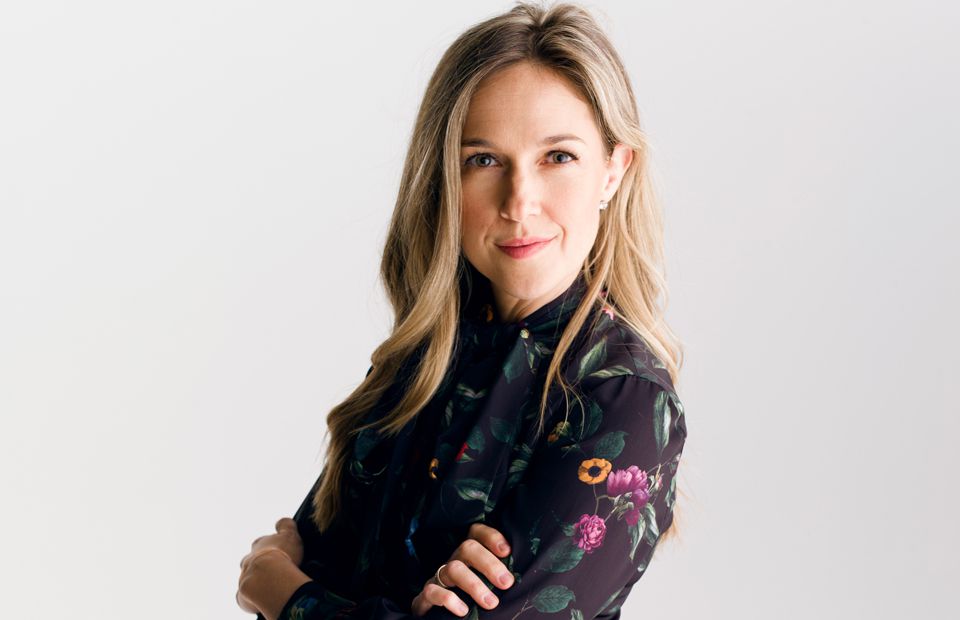
Consumer Services, Technology
Here's How a Female V.P. at a Tech Startup Faces the Gender Gap
Nikki Pechet on writing your own maternity leave policy and taking a job for joy, not money.
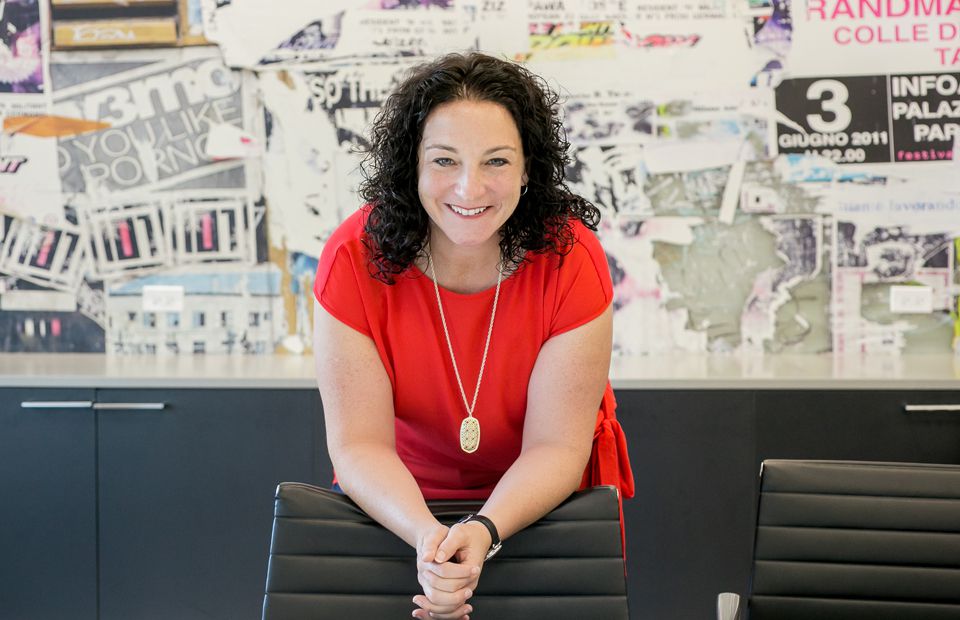
Consumer Goods, Technology
A Sales V.P. on What It's Like to Work at Pandora
Casey Forbes is living an audiophile's dream career.
Get the Best Career Advice Delivered To Your Inbox
Join our newsletter to stay in the loop.
